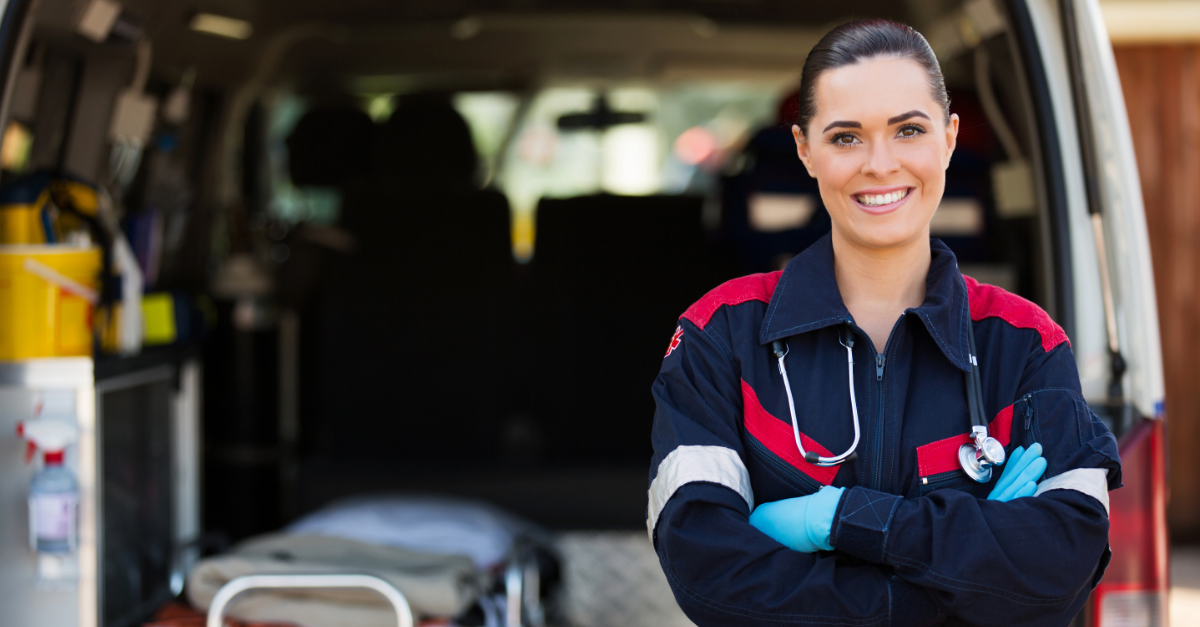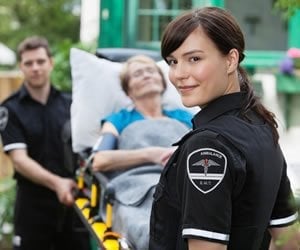student2520
Full Member
- Joined
- Jan 27, 2024
- Messages
- 13
- Reaction score
- 2
What are some ways to get clinical experience that don’t require a pricy certificate and months of classes?
I second the volunteering at VA hospitals. It’s very interesting and you get great stories and looks at a life different than yours.Look into some volunteering at a hospital...I currently volunteer at a VA hospital as a patient escort and that has been really meaningful! If not that, other forms of clinical employment (i.e. delivering food trays to patients in their rooms, etc.)

 www.studentdoctor.net
www.studentdoctor.net

 www.studentdoctor.net
www.studentdoctor.net

 www.studentdoctor.net
www.studentdoctor.net
I don’t live in a walkable city and I don’t have a car. But I would be doing this specific activity anyways because it’s really valuable to me, and it’s something I want to do.Why are you looking to do virtual activities?
Thanks, and that’s sort of what I was thinking, but someone told me it may be so I just wanted to check.If the people with whom you would be communicating with (virtually) are not seeking medical care, in other words, are not "patients", I would not call it clinical experience. Not every interaction with a person who has a disability is "clinical". It is non-clinical volunteering but it isn't quite as high on the hierarchy of experiences as something that is face-to-face with people who are living in poverty.
If it interests you and you'd do it even if you weren't applying to med school, go ahead and serve others that way. If you are looking to make the most of the hours you have to devote to community service, this might not be the best use of your time.
I don’t live in a walkable city and I don’t have a car. But I would be doing this specific activity anyways because it’s really valuable to me, and it’s something I want to do.
I was just curious where it would be classified on the grand scheme of things because some say that volunteering at retirement homes or for programs helping individuals with special needs is clinical volunteering. And I thought it was somewhat similar and I’ve been doing it for a while, so I was just wondering.
Not all volunteering needs to be in a hospital. Think hospice, Planned Parenthood, nursing homes, rehab facilities, crisis hotlines, camps for sick children, or clinics.I don’t live in a walkable city and I don’t have a car. But I would be doing this specific activity anyways because it’s really valuable to me, and it’s something I want to do.
I was just curious where it would be classified on the grand scheme of things because some say that volunteering at retirement homes or for programs helping individuals with special needs is clinical volunteering. And I thought it was somewhat similar and I’ve been doing it for a while, so I was just wondering.
You've gotten great answers from our experts about this. I point out that an experience is clinical if you work with patients or their health records (and not in an IT way). If you are trained by doctors to assist them, you have a better argument for "clinical." If you want to be a physician, you need to know what they do and the environment in which they generally work. Shadowing helps as would working with patients where doctors routinely see patients.some say that volunteering at retirement homes or for programs helping individuals with special needs is clinical volunteering.
